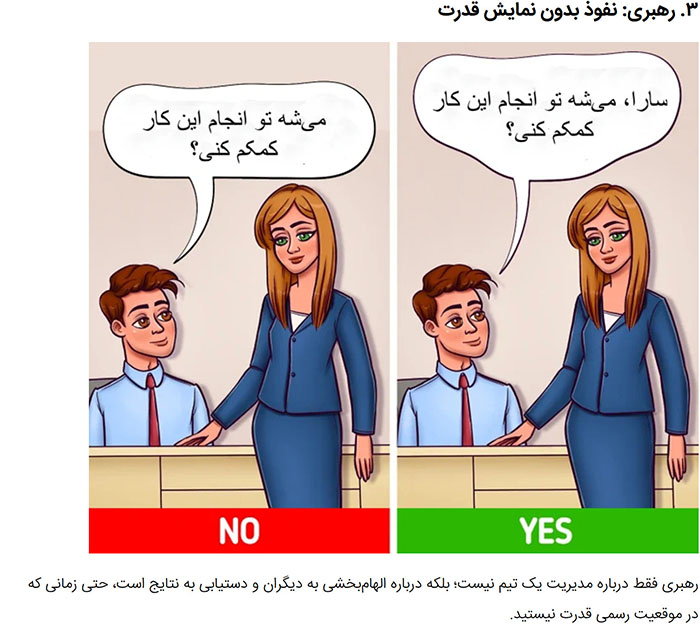Leadership: Influence Without Showing Power
True leadership transcends job titles or hierarchical authority. It is about inspiring others, guiding a shared vision, and achieving meaningful results—even when you lack formal power. Effective leaders rely on influence, not control, to motivate and unite people.
Influence-based leadership starts with building trust. Leaders earn trust by being authentic, consistent, and reliable. They listen actively, value diverse perspectives, and demonstrate empathy. This approach fosters mutual respect, making others more willing to align with their ideas and initiatives.
Communication is another critical element of non-positional leadership. Leaders who articulate their vision clearly and passionately can inspire people to take action. By framing goals in terms of shared benefits, they create a sense of ownership and collaboration among team members. Persuasion, not authority, becomes their primary tool for rallying support.
Additionally, influence without power requires emotional intelligence. Leaders with high emotional intelligence can navigate interpersonal dynamics skillfully. They understand the motivations and concerns of their colleagues and adjust their approach to foster cooperation. They also remain calm under pressure, modeling the resilience and composure they wish to see in others.
One hallmark of this leadership style is leading by example. Actions speak louder than words, and individuals who consistently demonstrate integrity, dedication, and a strong work ethic naturally inspire those around them. Their behavior sets a standard that others are eager to follow.
This style of leadership is particularly valuable in modern, collaborative workplaces. With flatter organizational structures and cross-functional teams, the ability to influence without relying on formal authority is increasingly essential.
Ultimately, leadership without power is about connection, not command. By focusing on trust, communication, and emotional intelligence, anyone can cultivate influence, mobilize others, and drive success—regardless of their official role or title.

